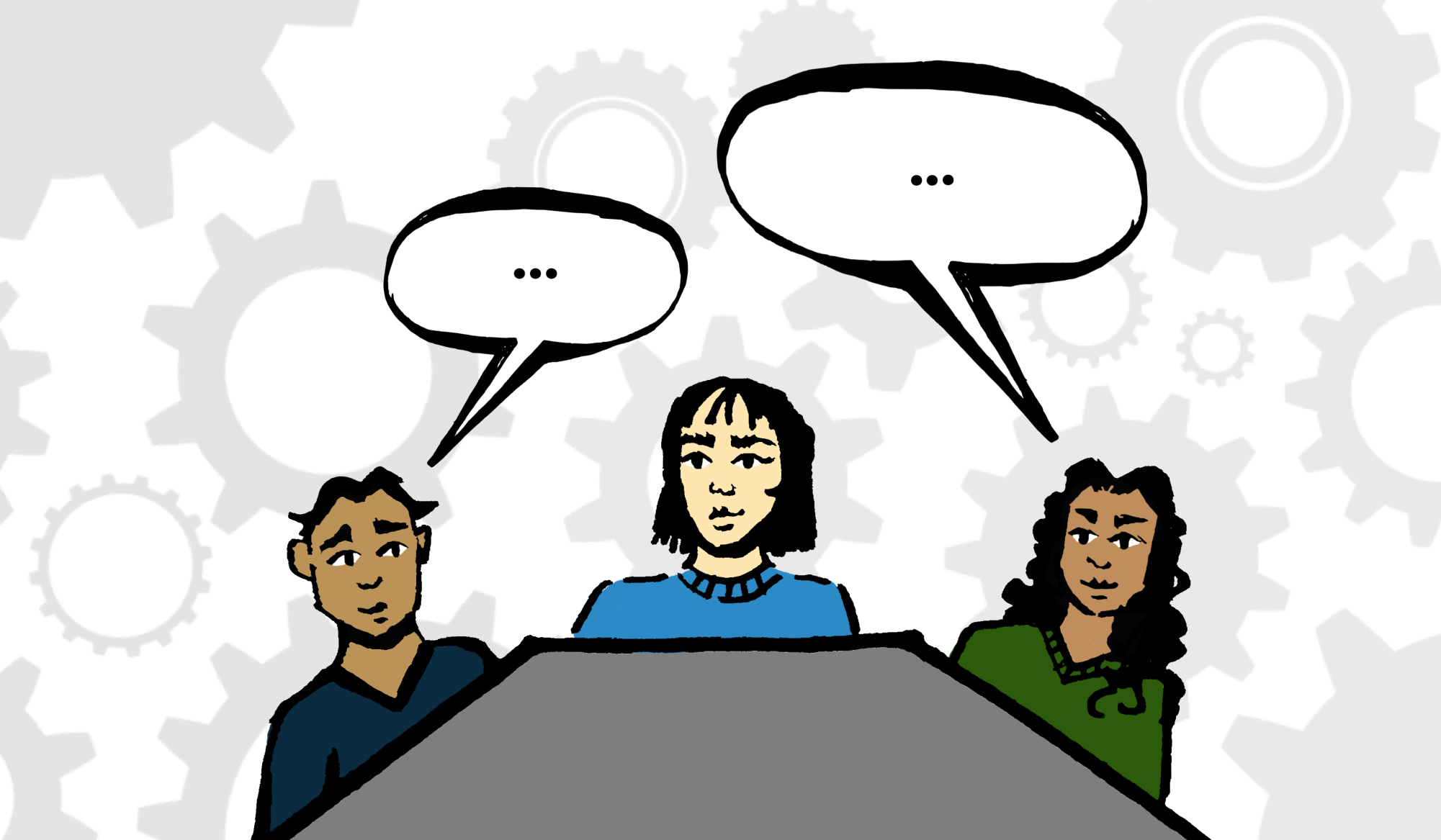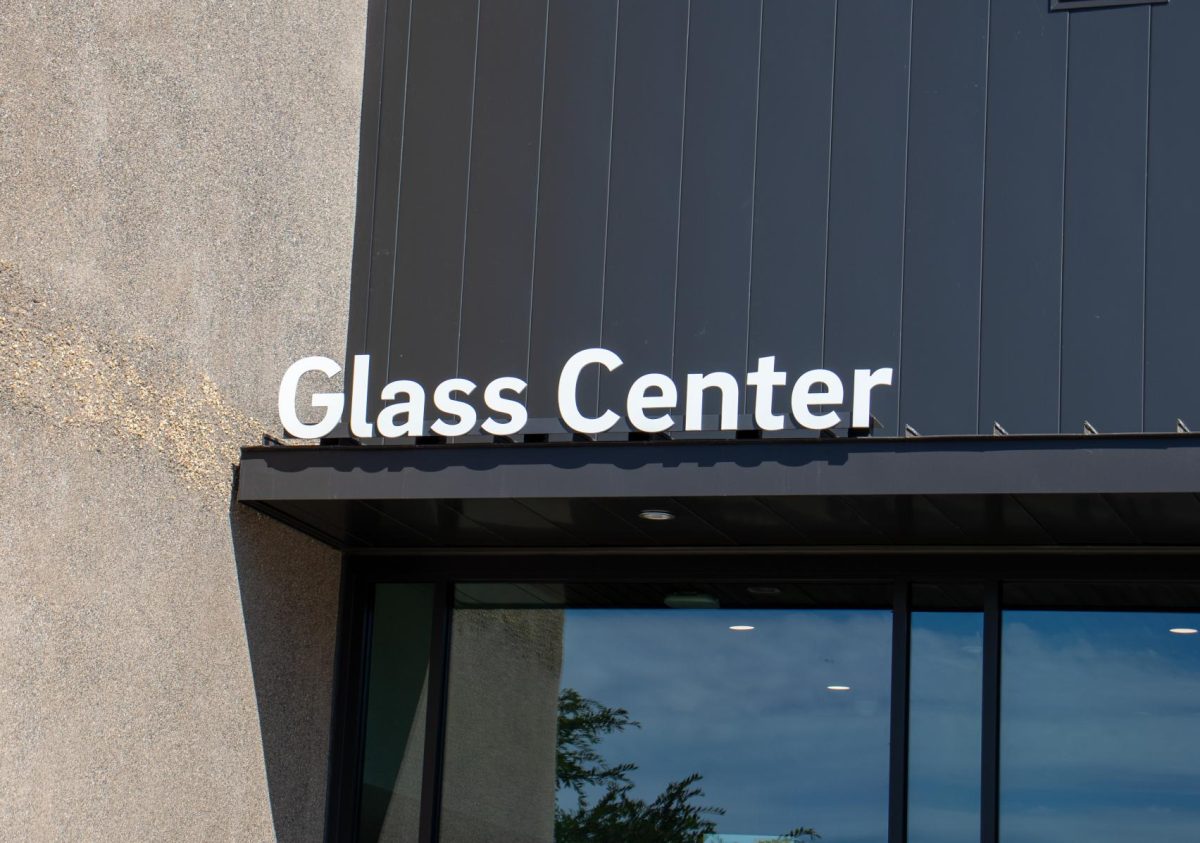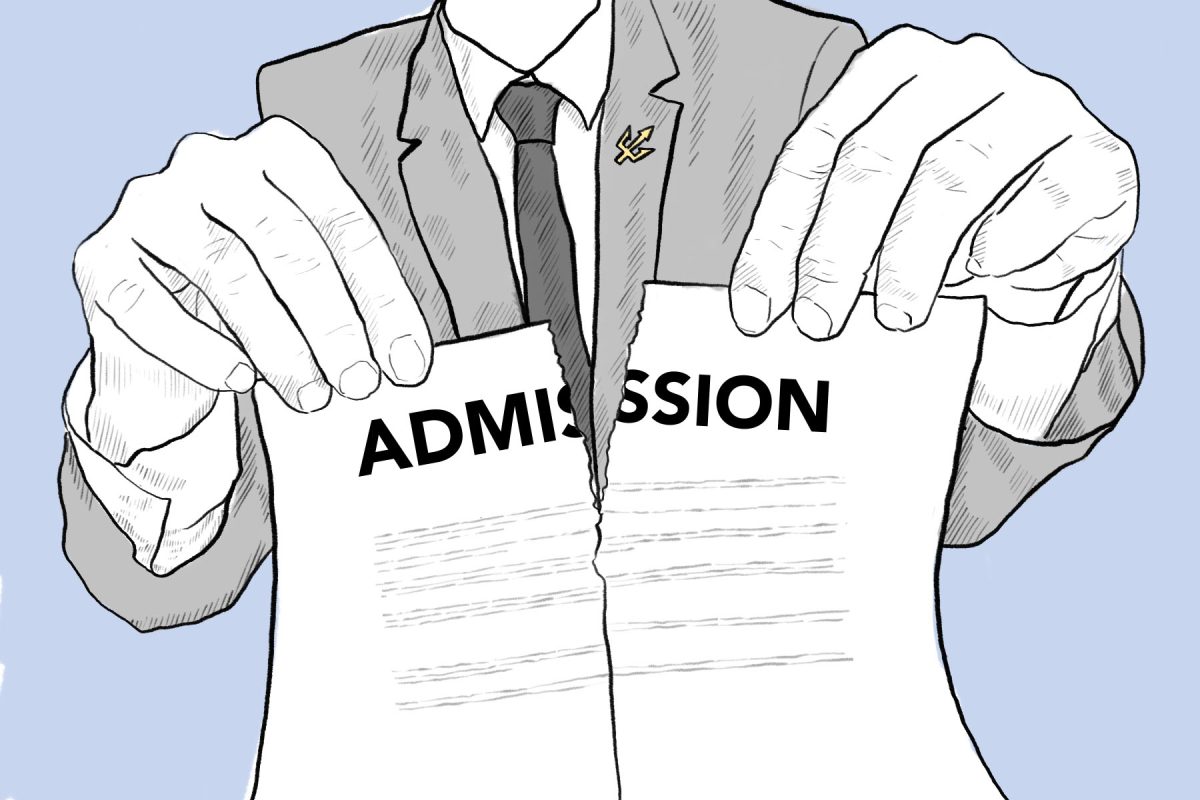Linguistics is one of the smallest academic departments at UC San Diego, with under 60 students graduating with a linguistics degree each year. Given these students’ close community and widely held enthusiasm for the field of study, UCSD’s Linguistics Undergraduate Association has grown massively in popularity in recent years.
LingUA is a group of linguistics majors, minors, and interested students that aims to “foster a warm, inviting environment in which to explore academic and occupational opportunities within UCSD’s linguistics department and beyond.” As a space for undergraduate students to bond and learn more about the field together, the association offers informational panels with UCSD professors, information about linguistics careers and research opportunities, and various other useful resources.
The field of linguistics is much more than grammar lessons and language acquisition; it is a social science focused on language development and function across cultures. The small size of linguistics departments at universities across the United States is somewhat of a paradox, as it is one of the most widely applicable areas of study offered. Many linguistics majors use their skills for careers in government, education, or the study and treatment of communication disorders. Given the rapidly growing field of natural language processing — the way artificial intelligence learns to interpret and use human language — more and more students are going into the field looking to specialize in computational linguistics.
In 2018, UCSD introduced the school’s fifth linguistics specialization: speech and language sciences — a major asset for students looking to go into speech-language pathology, or speech therapy. With this addition, the number of linguistics majors at the university approximately doubled. With a significant portion of the department now focusing specifically on occupational studies, LingUA is making efforts to support these students in their ambitions.
Each year, LingUA’s board organizes social events to help linguistics students get to know one another, such as their beginning and end-of-year bonfires. More recently, the club has been shifting their focus toward providing educational and skill development opportunities. This includes weekly discussions on linguistics research journals, as well as weekly meetings where students practice reading spectrograms, which are visual representations of speech sound frequencies. Last year, they also began hosting free, student-led workshops to introduce students to the phonetics software Praat; this year, there are reportedly plans to expand this to include other software programs such as ELAN.
“It’s awesome getting to meet people and connect,” said fourth-year LingUA Co-President Lexi Ricasata. “I know a lot of times I get to meet people who are less familiar with linguistics, and what’s great about being one of the leaders of LingUA — and about being a regular club member — is getting to help people out and explain some topics that they don’t get to hear about in class or that they’re confused about, or just teach them more about linguistics and what our department is like.”
According to Ricasata, while LingUA has in the past been more focused on social events, it has been branching out to offer more practical resources over the past year. “I want to be able to have something for everybody — something for those who are research-minded, something for those using a linguistics major just to fill in the gaps in their knowledge, and something for people who enjoy linguistics just to have fun.”
For newcomers who would like to explore linguistics and its various disciplines, LingUA’s workshops and meetups are open to any UCSD undergraduate student.
“I’ve had a lifelong interest in linguistics casually,” shared Natalie Dimeo, a third-year student and the secretary of LingUA. According to Dimeo, though she is an electrical engineering major, she is looking to work in signal processing and working with human speech communication systems is something she was first introduced to through linguistics. Dimeo shared that she first became involved because of the club’s openness, appeal to undergraduate students’ linguistic interests, and strong sense of community.
“I think before I even officially had my first class at UCSD, I went to their fall bonfire; immediately, everyone was super nice to me, everyone was interested in linguistics, and we were all chatting about that. It was very welcoming, and so I decided to stick around, despite not being a linguistics major or minor,” she said.
Members note that LingUA welcomes so many newcomers to the field just by nature; students who attend events and interact with other students are naturally part of the community. Janice Kim, a third-year and “avid participant” in LingUA events, shares this sentiment.
“Unofficially, the entire linguistics undergraduate body is a part of LingUA — by virtue of being an undergrad, you fit the bill. I’ve never felt like I had to consciously be a part of LingUA; it’s more of a support structure,” shared Kim.
Between classes, many linguistics students can be found resting, chatting, or drawing complex syntax trees in John Muir College’s Linguistics Lounge. It is a common space where any linguistics major or minor can relax during the day, and it is lovingly referred to as the “LingUA Lounge.”
“As large as [UCSD’s campus] is, it’s still hard to find places of rest, to transition in-between when you have an awkward, 30-minute gap,” explained Kim. “The LingUA Lounge provides that.”
Along with uniting the linguistics student body itself, LingUA also acts as “the bridge between the undergraduates and the department,” according to Ricasata. Through the resources it offers and promotes, the club is increasingly connecting students with potential career and research opportunities. The connections built with other students via the LingUA Discord server and in-person events not only foster a close-knit community but also increase awareness of university programs like UCSD’s Program for Undergraduate Research in Linguistics. In doing so, it provides invaluable opportunities to do hands-on research, develop skills that come in handy in many linguistics careers, and get to know the school’s linguistics faculty.
“[LingUA] has made both my academic and social life much more streamlined,” said Dimeo. “As an engineering major, I am also part of larger departments, and in those, it feels much more impersonal. […] LingUA has made me feel very much not alone in terms of my academic journey.”
Ricasta encourages anyone who is interested to get involved with LingUA, even if only to build friendships and learn something new. “It brings together a community of people who enjoy linguistics [and] who love having people to chat with about it because that can be hard to find outside of linguistics classes.”
“Linguistics is such a broad field. You will be learning about communication in ways you didn’t even know were possible,” added Kim. Their argument for LingUA and linguistics as a whole is simple: language touches every other part of human life, so understanding its inner workings provides a multitude of new perspectives.
“It’s really what you make of it, depending on what subfields you want to go into,” they said. “Because, guess what? Everyone interacts with language! By reading this article, you are engaging with language. There is so much to study in this field that the possibilities are endless.”








